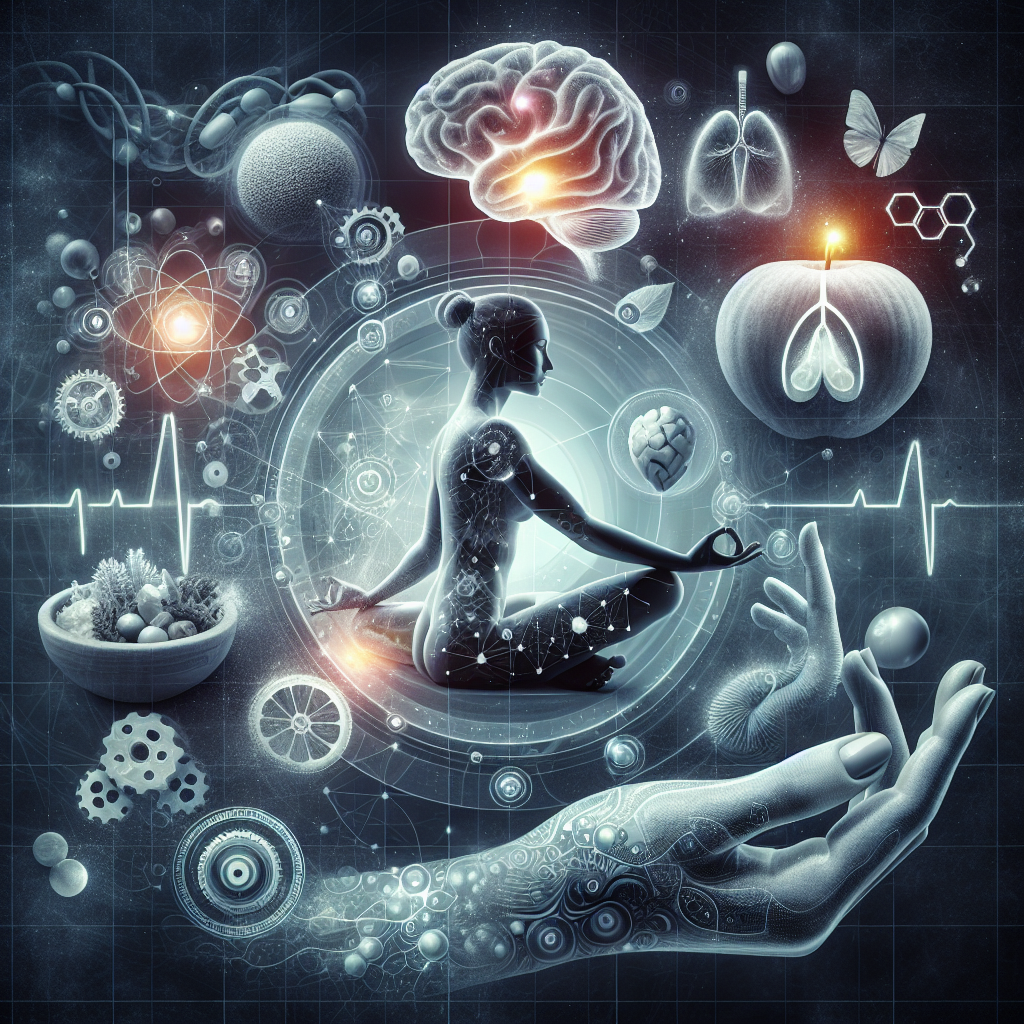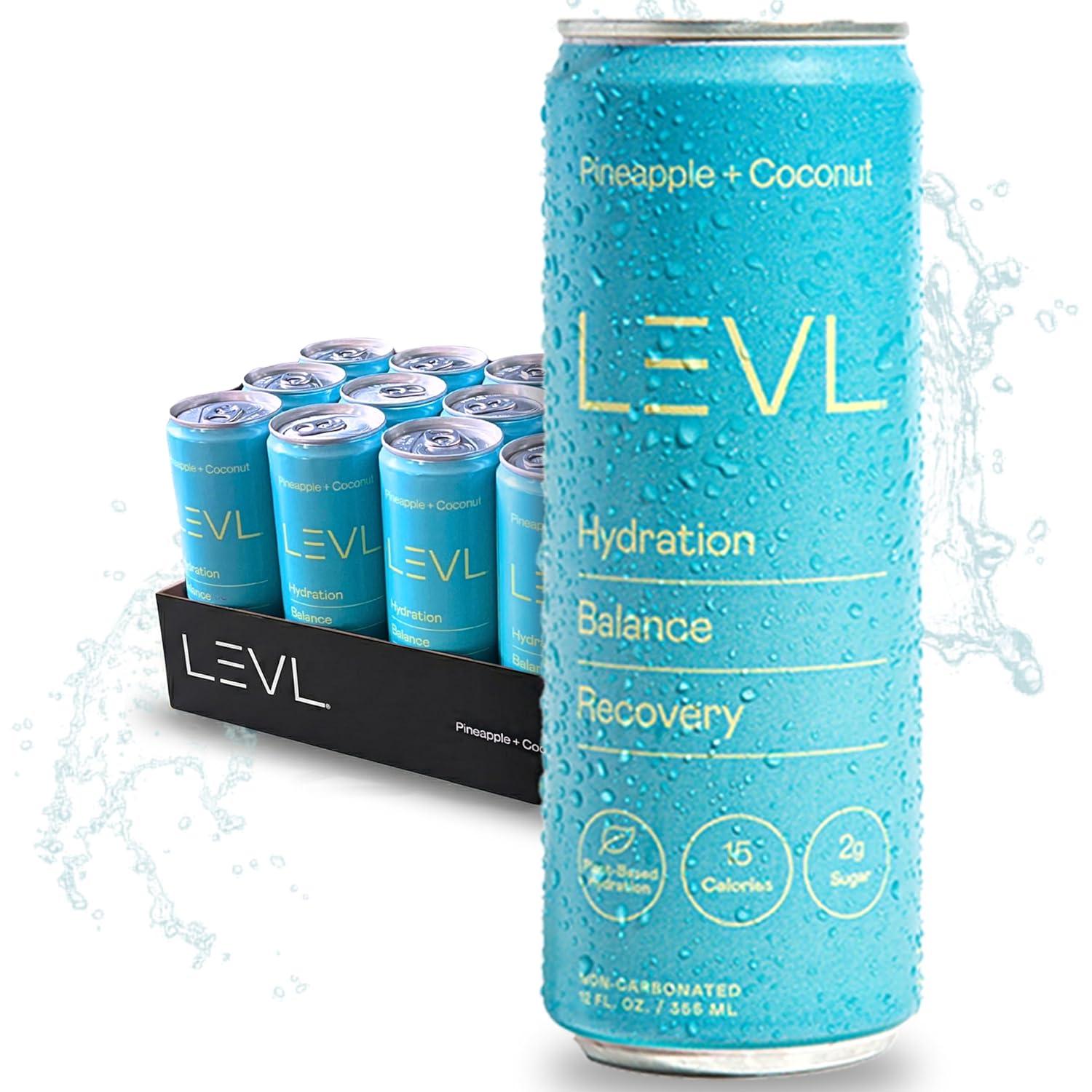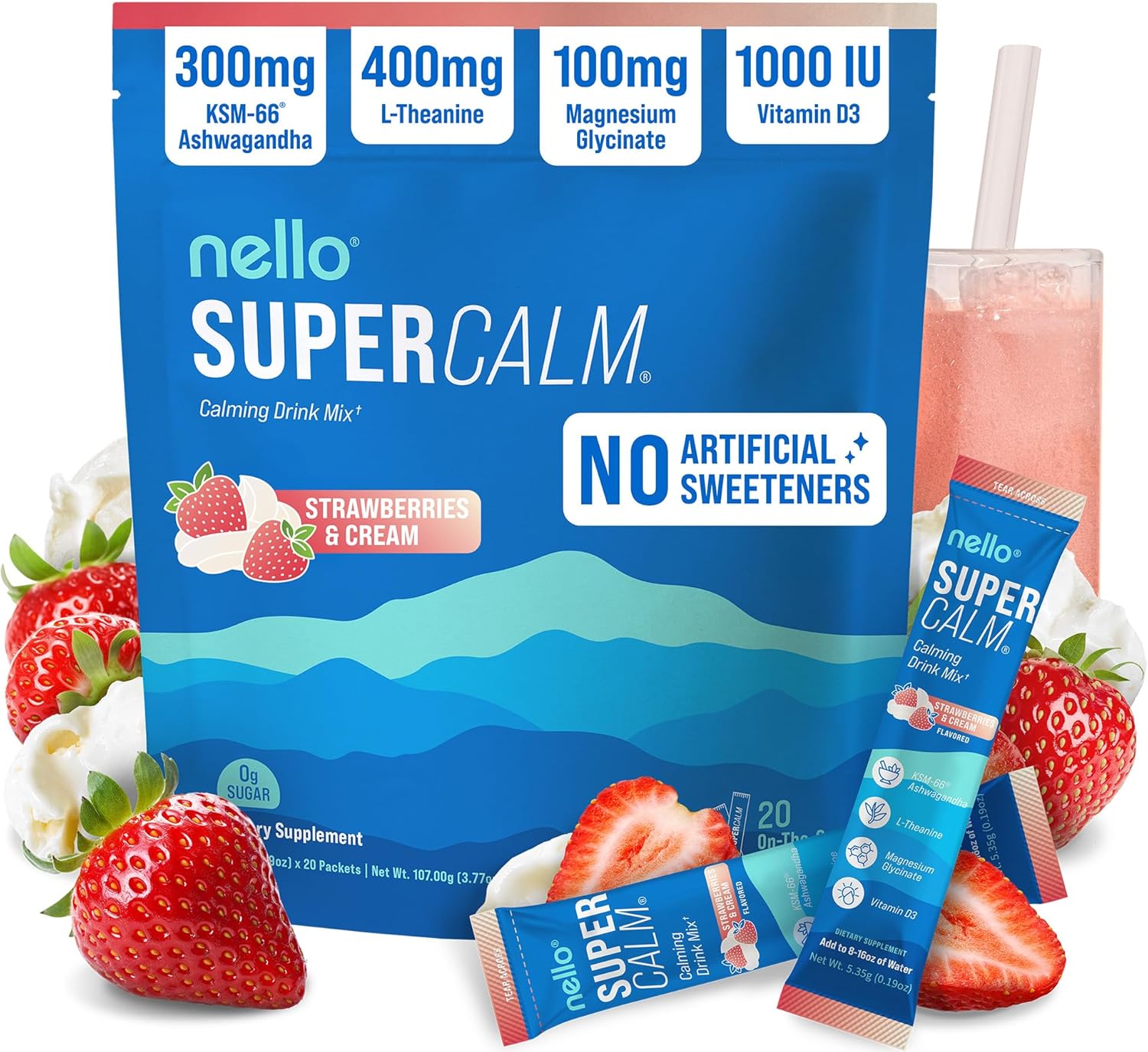In today’s fast-paced world, the importance of self-care cannot be overstated. This term is not just about pampering yourself with a spa day or indulging in your favorite dessert; it’s about ensuring your mind and body are in sync. The science of self-care delves deep into the psychology and physiology of what it means to take care of oneself. Understanding this can lead to profound improvements in your overall well-being.
What is Self-Care?
Self-care is a broad term that encompasses various practices and activities aimed at improving one’s physical, mental, and emotional health. It involves taking steps to manage stress, enhance well-being, and cultivate a better relationship with oneself. Self-care can be intentional or intuitive, structured, or spontaneous. The ultimate goal is achieving a balanced and harmonious life.
The Science Behind Self-Care
Research indicates that self-care contributes to improved mental health, emotional well-being, and physical health. In essence, caring for yourself can alter your brain chemistry, reduce stress levels, and increase happiness and resilience. Here are a few key scientific insights:
- Stress Reduction: Engaging in self-care activities can lower cortisol levels, the hormone primarily responsible for stress.
- Enhanced Immune Function: Regular self-care practices can boost your immune system, making you less susceptible to illness.
- Greater Emotional Resilience: When you practice self-care regularly, you’re likely to develop better coping mechanisms to handle life’s challenges.
Techniques for Enhancing Mind-Body Harmony
Here are some effective self-care techniques to enhance your mind-body connection:
1. Mindfulness and Meditation
Mindfulness is the practice of being present in the moment without judgment. It allows you to connect deeply with your thoughts and feelings. Meditation enhances this practice by providing a structured way to focus your mind. Regular meditation has been shown to:
- Reduce anxiety and depression.
- Improve concentration and attention.
- Promote emotional health and well-being.
2. Physical Activity
Engaging in regular physical activity is one of the most effective ways to enhance mental and physical well-being. Exercise releases endorphins, often referred to as “feel-good” hormones, which can improve your mood and energy levels. Consider incorporating:
- Walking, jogging, or cycling outdoors.
- Yoga or Pilates for flexibility and stress relief.
- Dancing, which combines movement with music for a joyful experience.
3. Creative Expression
Channeling your emotions through creative outlets such as painting, writing, or music can provide significant mental relief. Art activates various regions in the brain that enhance cognitive function and emotional awareness. Allowing your creativity to flow frees up mental space and can act as a form of self-discovery.
4. Quality Sleep
Sleep is crucial for maintaining mind-body harmony. It affects every aspect of your health, from cognitive function to emotional regulation. To improve your sleep hygiene:
- Establish a consistent bedtime routine.
- Create a calm and dark sleeping environment.
- Avoid screens before bedtime to encourage natural melatonin production.
5. Nutrition and Hydration
The foods you consume significantly impact your physical and mental health. A balanced diet rich in fruits, vegetables, whole grains, and lean proteins can bolster your energy and mood. Don’t forget to stay hydrated as well, as even mild dehydration can lead to fatigue and irritability.
Building a Personalized Self-Care Routine
Creating a self-care routine tailored to your unique needs is essential for lasting benefits. Here’s how you can build an effective plan:
- Identify Your Needs: Reflect on what areas of your life need attention—be it physical health, mental clarity, or emotional stability.
- Set Realistic Goals: Start small and gradually incorporate more activities into your routine. This could be as simple as dedicating 10 minutes for meditation or a daily walk.
- Be Flexible: Adapt your routine based on your daily needs and circumstances. It’s okay if a particular activity doesn’t resonate with you—experiment with various forms of self-care until you find what works best.
The Importance of Social Connections
Self-care is not solely an individual endeavor; social connections play a vital role in your overall well-being. Engaging with friends and family and forming meaningful relationships can provide emotional support and increase your sense of belonging. Schedule regular catch-ups with loved ones to strengthen bonds and share your experiences.
Conclusion
Self-care is a lifelong journey, and the science behind it emphasizes its essential role in achieving mind-body harmony. By incorporating mindfulness, physical activity, creative expression, quality sleep, and proper nutrition into your routine, you can enhance your overall well-being. Remember, self-care is not selfish; it’s necessary. By taking care of yourself, you equip yourself to tackle life’s challenges and nurture your relationships. Start today, and embrace the transformative power of self-care!
FAQs
1. What are some quick self-care activities I can do daily?
Some quick activities include deep-breathing exercises, a short nature walk, or even taking a few moments to practice gratitude.
2. How do I know if I need more self-care?
If you’re feeling consistently overwhelmed, irritable, or fatigued, it might be a sign that you need to prioritize self-care in your life.
3. Can self-care improve my productivity?
Yes, by taking breaks and caring for yourself, you can enhance mental clarity, reduce burnout, and ultimately improve productivity.
4. Is self-care the same for everyone?
No, self-care is highly personal. What works for one person might not work for another. It’s essential to find activities that resonate with you!





